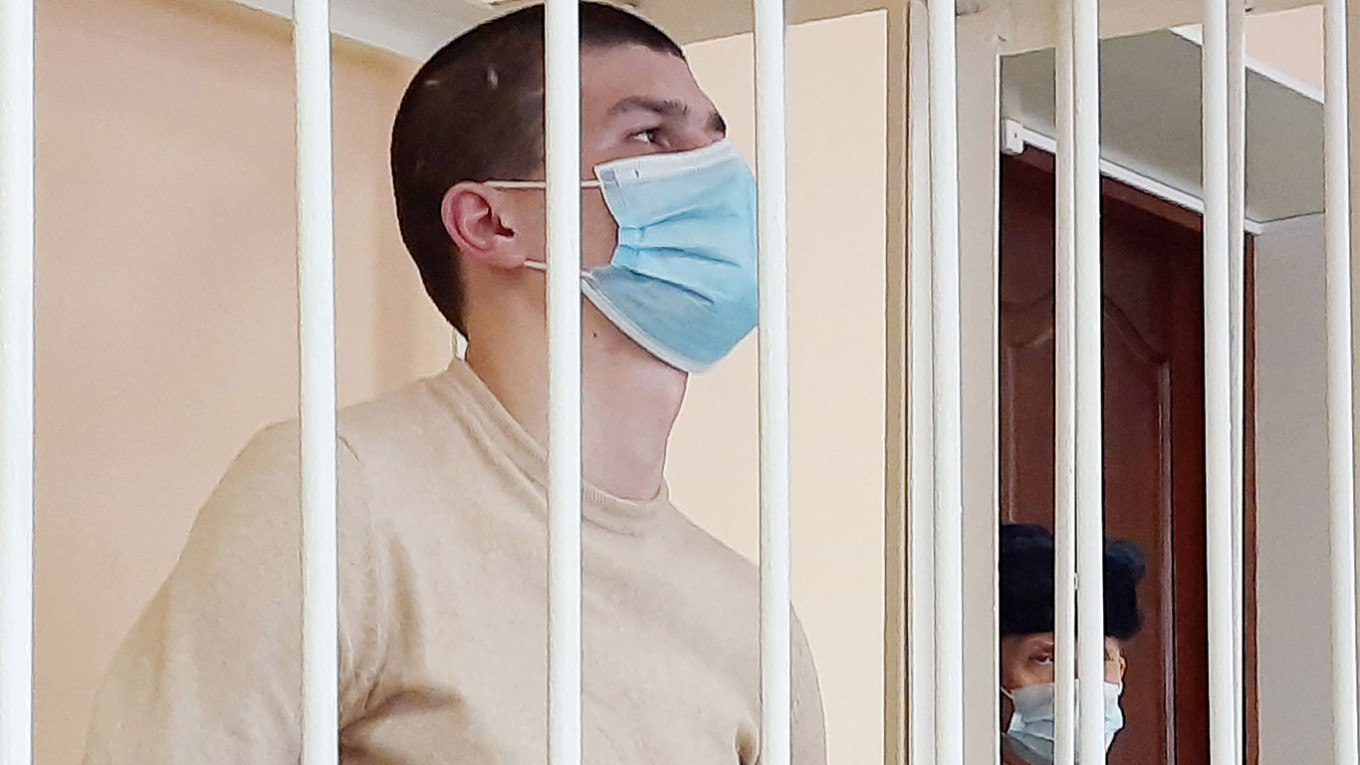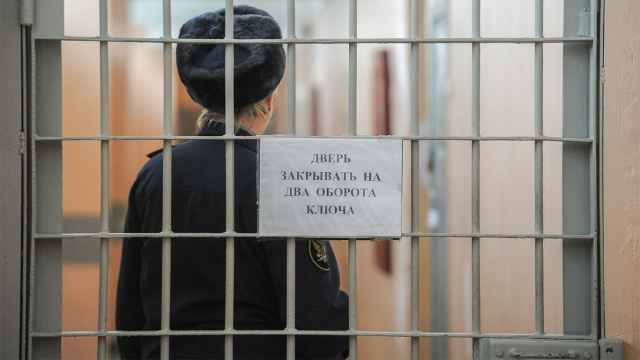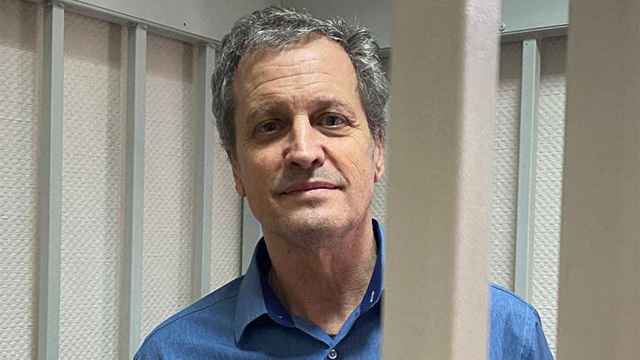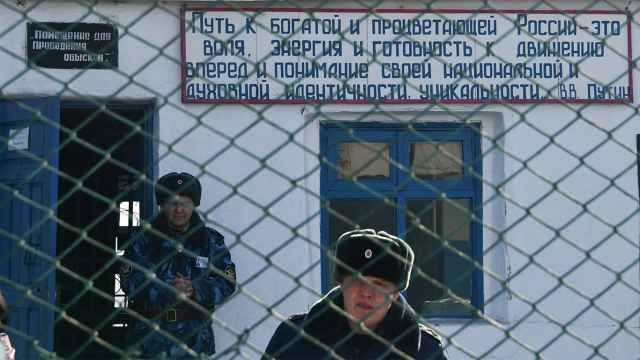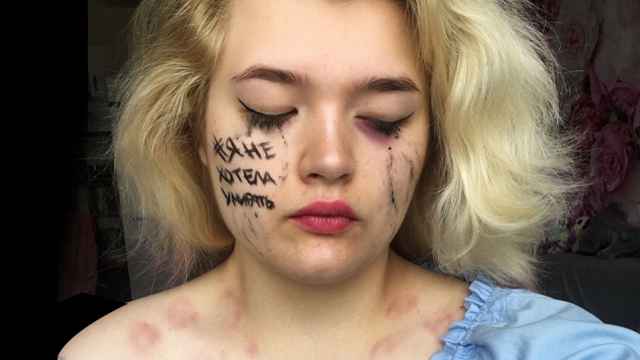Russian President Vladimir Putin has pardoned a man convicted in the murder of his ex-girlfriend after he is believed to have signed up to fight in Ukraine, women’s rights activist Alyona Popova said Wednesday.
Last summer, Vladislav Kanyus was sentenced to 17 years in a maximum-security prison over the 2020 murder of Vera Pekhteleva in the Siberian city of Kemerovo.
Activist Popova said prison authorities had confirmed Kanyus’ transfer to southern Russia's Rostov region, which borders Ukraine, after Pekhteleva’s mother discovered photographs of him dressed in a military uniform and holding a weapon.
Popova posted a letter from the Russian Prosecutor General’s Office dated Nov. 3, in which Kanyus was said to have been pardoned and had his conviction expunged by presidential decree on April 27.
Pekhteleva’s father later said prison bailiffs had informed him that Kanyus was also freed from paying 4 million rubles ($44,500) in damages to her family, according to Russia’s news magazine Sobesednik.
"One-and-a-half million for each parent, 1 million to her uncle, and another 200,000 rubles to the state for court-appointed lawyers. The presidential decree also relieved him of these obligations," Pekhteleva’s father told the publication.
Putin said in June that he was "signing pardon decrees" for prisoners fighting in Russia's war against Ukraine, claiming the recidivism rate among them was below 1%.
Days later Putin signed a law allowing convicts to join the country’s military, except for those who have committed serious crimes.
In 2017, Russia decriminalized first-time domestic violence offenses, a move activists argue enables abusers and strengthens the culture of impunity around these crimes.
Efforts to pass new legislation to protect women stalled with the outbreak of the Covid-19 pandemic in early 2020.
A Message from The Moscow Times:
Dear readers,
We are facing unprecedented challenges. Russia's Prosecutor General's Office has designated The Moscow Times as an "undesirable" organization, criminalizing our work and putting our staff at risk of prosecution. This follows our earlier unjust labeling as a "foreign agent."
These actions are direct attempts to silence independent journalism in Russia. The authorities claim our work "discredits the decisions of the Russian leadership." We see things differently: we strive to provide accurate, unbiased reporting on Russia.
We, the journalists of The Moscow Times, refuse to be silenced. But to continue our work, we need your help.
Your support, no matter how small, makes a world of difference. If you can, please support us monthly starting from just $2. It's quick to set up, and every contribution makes a significant impact.
By supporting The Moscow Times, you're defending open, independent journalism in the face of repression. Thank you for standing with us.
Remind me later.


